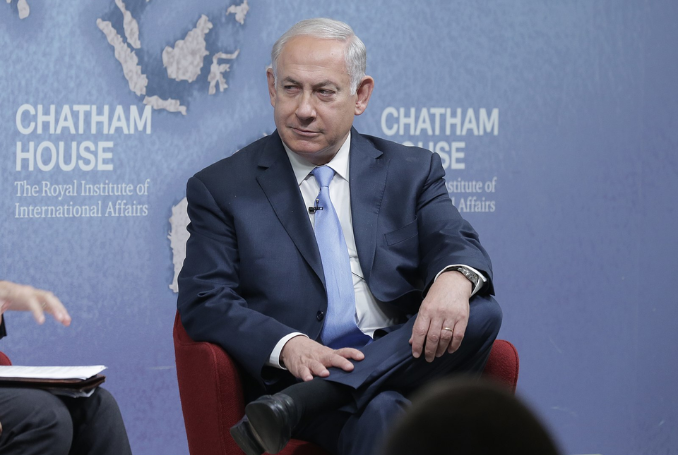
Israel has tied the next phase of the ceasefire agreement to new conditions, including the disarmament of Hamas and full Israeli ‘security control’ over Gaza.
Israel would consider ending the war if its demands were met, the Israeli newspaper Yedioth Ahronoth reported, citing an informed source.
The source attributed the delay in releasing Palestinian prisoners to concerns over “humiliating ceremonies” accompanying their return. It also stated that Israel remains focused on retrieving the bodies of Israeli captives.
The same source reportedly suggested that Israel would consider ending the war if its demands—Hamas’ disarmament, the demilitarization of Gaza, and the expulsion of Hamas and Islamic Jihad leaders—were met.
Otherwise, the source reportedly claimed that Israel would resume full-scale military operations to achieve its stated objectives.
Meanwhile, Israeli Energy Minister Eli Cohen, a member of the security cabinet, outlined four conditions for advancing to the second phase of the ceasefire agreement: the release of all Israeli prisoners, the removal of Hamas from Gaza, the Strip’s disarmament, and Israeli security control over the territory. Cohen also reiterated his support for the annexation of the occupied West Bank.
Negotiations Halted
The Palestinian Resistance Movement Hamas announced on Monday that it will not engage in further negotiations on a ceasefire agreement and prisoner exchange in Gaza unless Israel fully implements the terms of the first phase of the deal.
Meanwhile, an Israeli source indicated that Israel has informed mediators of its willingness to proceed with the release of Palestinian prisoners, a process that has been stalled since Saturday.
Hamas spokesman Abdul Latif Al-Qanou accused Israel of deliberately stalling the agreement, particularly by delaying the release of Palestinian detainees.
Hamas: No Negotiations with Israel until Palestinian Prisoners are Released
“The failure to implement the humanitarian protocol and the postponement of the release of the seventh batch of prisoners is evidence of the occupation’s intentions to disrupt the agreement and its lack of seriousness in continuing it,” he said.
Al-Qanou reiterated that Israel’s failure to adhere to the terms of the first phase jeopardizes progress toward further prisoner exchanges.
He blamed Israeli Prime Minister Benjamin Netanyahu for obstructing the deal, alleging that he is prioritizing his political interests over the lives of Israeli prisoners still held in Gaza.
Hamas stated that it remains in contact with mediators regarding Israel’s alleged violations and awaits their response.
Al-Qanou urged international actors to pressure Israel to uphold its commitments and ensure that the ceasefire agreement moves forward.
Freed Captive Says He Survived Gaza Tunnel Collapse after Israeli Airstrike
Ceasefire Violations
The ceasefire agreement, which took effect on January 19, consists of three 42-day phases, with each subsequent phase requiring negotiations before the current one concludes.
Hamas has accused Israel of failing to meet its obligations under the first phase, citing hundreds of violations.
These include restricting the return of displaced Palestinians to northern Gaza, targeting civilians with shelling and gunfire, obstructing the entry of humanitarian aid, and delaying the delivery of essential supplies for the health sector.
Additionally, Hamas claims Israel has withheld the release of the seventh batch of Palestinian prisoners, which was scheduled for Saturday. Under the agreement, Hamas was to release six Israeli prisoners in exchange, followed by four bodies on Thursday.
Israeli Shelling Ignites Palestinian Homes amid Ceasefire Violations
On Sunday, Netanyahu’s office issued a statement confirming that the postponement of Palestinian prisoner releases would remain in place until further notice, emphasizing that such releases should not be accompanied by public celebrations.
Hamas, in turn, has accused Israel of using stalling tactics to delay negotiations on the second phase of the ceasefire, which was initially scheduled to begin on February 3.
Meanwhile, Steve Witkoff, US President Donald Trump’s envoy to the Middle East, announced plans to visit the region this week to discuss extending the ceasefire agreement.
“We have to get an extension of Phase 1,” Witkoff told CNN, adding: “ I’ll be going into the region this week, probably Wednesday, to negotiate that”.
(PC, AJA)
